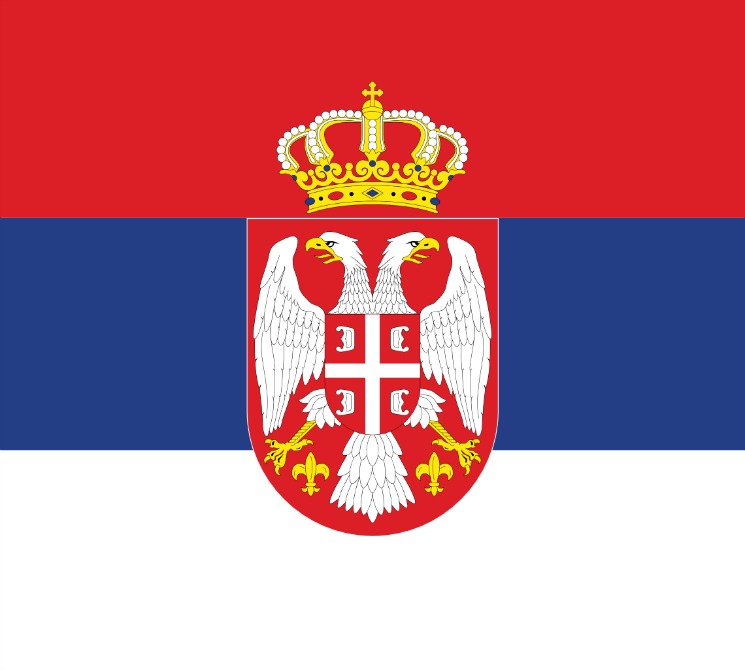A staff delegation of the Commission on Security and Cooperation in Europe (Helsinki Commission) traveled to Serbia and Montenegro for one week in April 1996 to assess the situation in these republics in light of changes in the region resulting from the implementation of the Dayton Agreement and the end of the conflict in neighboring Bosnia-Herzegovina.
In addition to meetings in the Federal and Serbian capital, Belgrade, and the Montenegrin capital Podgorica, the delegation traveled to Vojvodina, Kosovo and the Sandzak, where large non-Serb/Montenegrin populations reside. A seminar on refugees in the former Yugoslavia, held in Kotor, Montenegro, was also attended. The delegation met with federal, republic and regional officials, as well as representatives of independent media, opposition political parties, and human rights or humanitarian groups in each location. Upon the conclusion of their visit, the staff reported the delegation’s findings and recommendations to the countries belonging to the Organization for Security and Cooperation in Europe (OSCE) and gave a public briefing immediately upon its return to Washington.
Serbia’s President, Slobodan Milosevic, has been viewed as largely responsible for the conflict associated with former Yugoslavia’s demise, especially in Croatia and Bosnia-Herzegovina, and for un- democratic and ethnically intolerant conditions within Serbia itself. Montenegro, having some cultural af- finities with Serbia but also a desire for distinctness, is viewed as Serbia’s reluctant accomplice, especially when the two proclaimed a new Federal Republic of Yugoslavia in 1992.
The new, or “rump,” Yugoslavia has largely been isolated by the international community as far as bilateral relations and multilateral activity. After almost four years of conflict in Bosnia-Herzegovina, however, the signing of the Dayton Agreement in December 1995 changed the regional environment in southcentral Europe significantly. Not only did the Agreement propose a settlement for Bosnia-Herzegovina, which is now being implemented, but it also created a more positive regional environment in which other problems plaguing the region might be resolved. Dayton could not have been achieved without the international community again working with the Serbian regime.









